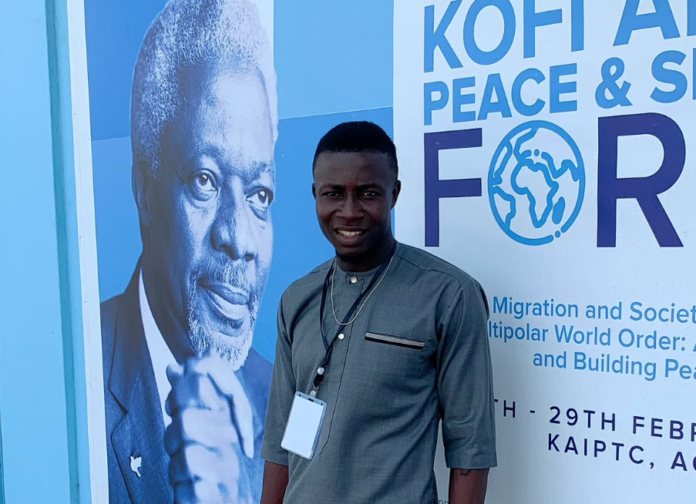Agenda 2063 is a master plan for transforming Africa into the global powerhouse of the future.
This vision emerged as African leadership shifted its focus from the struggle against apartheid and political independence to positioning Africa as a dominant player on the global stage.
With a pan-African vision of attaining an integrated, prosperous, and peaceful Africa, it is imperative to incorporate the knowledge of Agenda 2063 into the education of current and future generations. The following reasons support this conclusion:
Incorporating Agenda 2063 into the curriculum of basic schools will enhance the understanding and engagement of pupils with the flagship programs embedded within it.
Agenda 2063 not only encapsulates Africa’s aspirations for the future but also identifies key flagship programs that can drive Africa’s economic growth and development.
Programs such as the Establishment of the African Free Trade Area, The African Passport and Free Movement of People, Silencing the Guns by 2020, The Pan-African E-Network, and Encyclopaedia Africana, among others, should be integrated into the curriculum to ensure daily study, thereby promoting widespread understanding and appreciation.
The inclusion of Agenda 2063 in the curriculum will facilitate the propagation and advocacy of key activities undertaken or planned by the African Union (AU).
Despite the implementation of these activities from 2013 to 2023, the essence of Agenda 2063 remains distant for many African citizens. Incorporating it into the curriculum will bridge this gap, empowering pupils to become advocates and ambassadors of the agenda.
Agenda 2063 aims to develop an informed African youth capable of making decisions to transform the continent.
By incorporating it into the curriculum, students will engage with policy formulation and implementation processes, analyse complex socio-economic issues facing Africa, and develop innovative solutions. This approach will enhance critical thinking and decision-making skills among students.
Integrating Agenda 2063 into the curriculum will instil in students the significance of Pan-Africanism, fostering social cohesion, peace, solidarity, and collaboration among African nations.
This knowledge is essential for promoting a sense of unity and common purpose among African youth.
Agenda 2063 underscores sustainable development, economic growth, and social inclusion. By educating students about Agenda 2063, they will acquire knowledge in sustainable practices, environmental conservation, and inclusive economic policies, contributing to the preservation of the environment.
Crowning it all, incorporating Agenda 2063 into the curriculum of basic schools is crucial for shaping a generation of African leaders who are knowledgeable, proactive, and committed to the continent’s development.
It will foster a sense of responsibility and Pan-Africanism among youth, paving the way for a successful and sustainable future for Africa.

